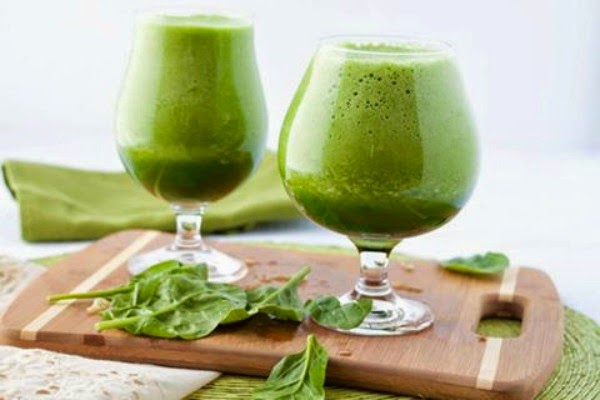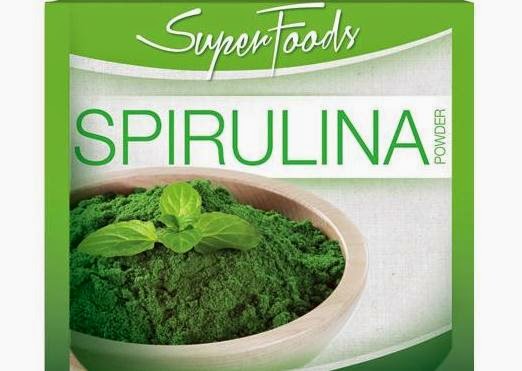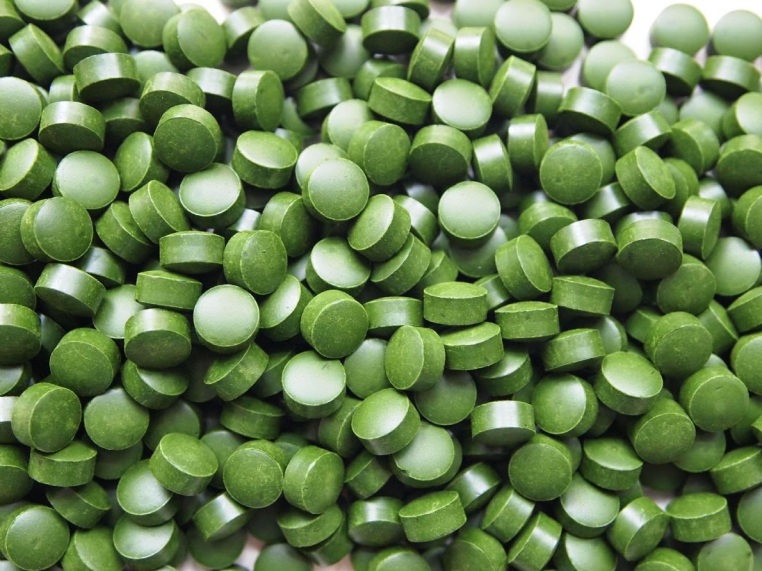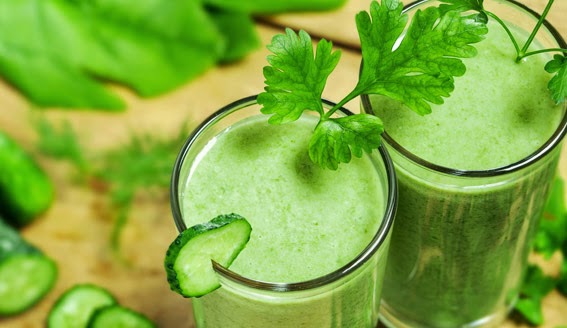Are you considering adding spirulina to your diet? Wonderful!
Spirulina is said to be one the most nutritious and complete foods on Earth. But if you are a first timer, let me warn you; it tastes gross! I guess its not so awful once you get used to it, but I must say, its definitely an acquired taste.
I know people who add yogurt, honey, coconut water, strawberries, etc with the spirulina to make smoothies. I even have an acquaintance who says she mixes it with almond milk and bananas to make her spirulina milkshake and drinks it with a straw. Done and over in thirty seconds.
I recommend you start taking spirulina in small doses of one to two teaspoons and allow your body to get used to it. The benefits do far outweigh the taste.
What is Spirulina?
Spirulina is a type of blue-green algae that can be consumed by humans. It is used as a dietary supplement as well as a whole food. It is rich in protein, vitamins, minerals, and carotenoids.
Spirulina is a high quality food supplement that has some great health-boosting qualities. From a nutritional standpoint, the presence of a balanced protein composition, rare essential lipids, numerous minerals and vitamins including B12, makes spirulina a miracle supplement.
A Complete Protein
Spirulina has an impressive 65% protein content. The high concentration of protein and iron makes it ideal for pregnant women. It is a complete protein as it contains all essential amino acids.
Though the quality is far superior to typical plant protein, you would need to take large quantities of it in comparison to other protein sources such as nuts, legumes, whole grains, and meat which provide same quantity of protein in smaller servings.
Calcium, Iron and other Minerals
Among the many minerals present in spirulina calcium, phosphorous and magnesium occur in quantities that are comparable to those found in milk. Spirulina has amazingly high calcium content. Dried spirulina contains 120 mg calcium per 100 g.
Anaemic patients will benefit from adding spirulina to their diet since it has a very high concentration of bio-available iron. It is high in potassium and contains other minerals such as selenium, copper, sodium, manganese, chromium and zinc.
Vitamins
Spirulina contains vitamins such as thiamine, riboflavin, nicotinamide, pyridoxine, folic acid, vitamin C, vitamin D, and vitamin E. Beta carotene which is converted into vitamin A in the human body, accounts for 80% of the carotenoids present in spirulina.
The absence of free vitamin A, Retinol, rules out a risk of possible toxic overdose. Just 2mg of dried spirulina is sufficient to cover the daily adult vitamin A requirement.
Essential Fatty Acids
Spirulina has gamma linolenic acid (GLA), an essential fatty acid which is famous for its anti-inflammatory properties. The presence of GLA is worth stressing in view of its rarity in everyday foods and its presumed high nutrient value. While spirulina is especially high in Omega-3 fatty acids, it also contains Omega 6 and 9.
Immune Support
Studies suggest that spirulina may boost the immune system, help protect against allergic reactions, and has antiviral and anticancer properties. It may protect against allergic reactions by stopping the release of histamines, substances that contribute to allergy symptoms.
Spirulina is an ideal supplement for post-surgery patients. It has antioxidants that can help protect cells from damage. Spirulina has high levels of chlorophyll, which helps to control and regulate calcium levels in the blood. Chlorophyll binds with toxins like heavy metals and helps remove them from the body.
Precautions:
1. Spirulina appears safe, even at high doses. However it can be contaminated with toxic substances called microcystins. It can also absorb heavy metals from the water where it is grown. It is one of the most potent nutrient sources available, if it is harvested correctly from non-contaminated water bodies. It is important to buy a reputable brand of spirulina.
2. Spirulina is rich in all amino acids, including phenylalanine, so patients with the metabolic condition phenylketonuria should avoid taking spirulina.
3. Spirulina is not considered to be a reliable source of Vitamin B12 as the type of B12 available is said to be biologically inactive in humans.
4. If you are pregnant or breastfeeding, talk to your doctor before taking spirulina.
5. It is generally recommended that patients with autoimmune disorders such as multiple sclerosis or rheumatoid arthritis should avoid spirulina as theoretically; it may stimulate your immune system and make your condition worse.
6. Spirulina is available in pill or powder form, or as flakes. Dietary supplements should be taken only under the supervision of a knowledgeable health care provider as they may interfere with other medications.
The Blue Green Smoothie Recipe
This is a really creamy and smooth drink. Drink it everyday morning. It is said to help in clearing up acne.This is best served immediately.
Ripe banana – 1
Avocado -1 small
Almond milk – 1 cup
Spirulina powder- 2 tsp
Yogurt – 1/2 cup
Cinnamon powder – a pinch
Honey – to taste
Use chilled almond milk and yogurt, frozen chopped banana and the flesh from the avocado. Beat them together with other ingredients to form a thick smoothie. You can add some ice cubes and garnish with a sprig of mint or a small slice of cucumber.



